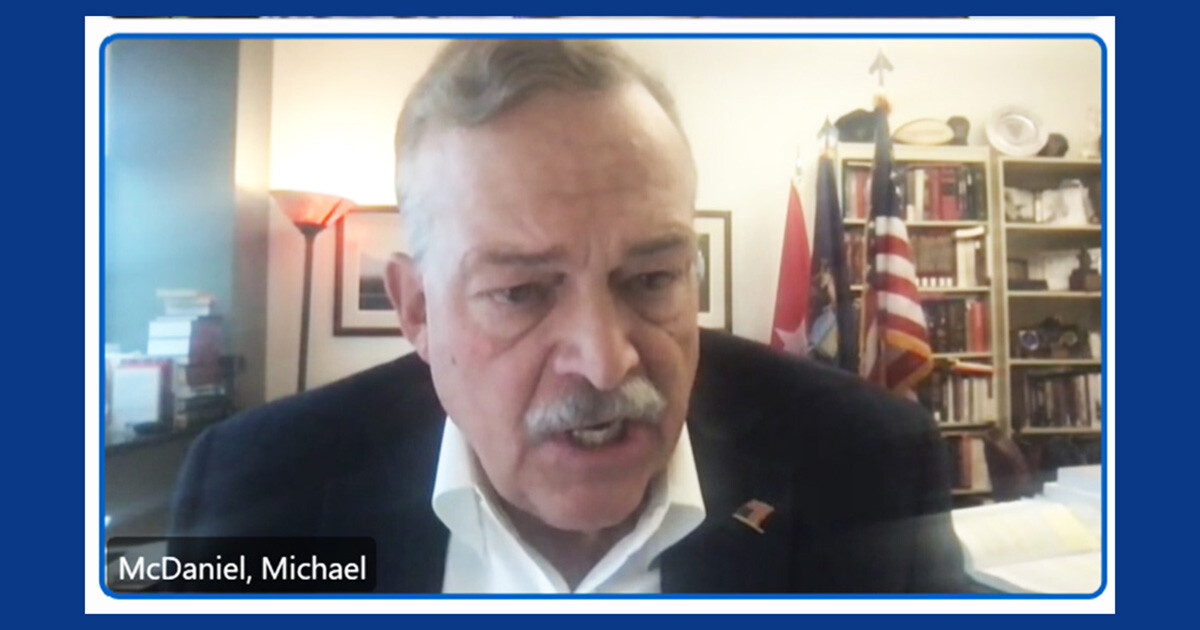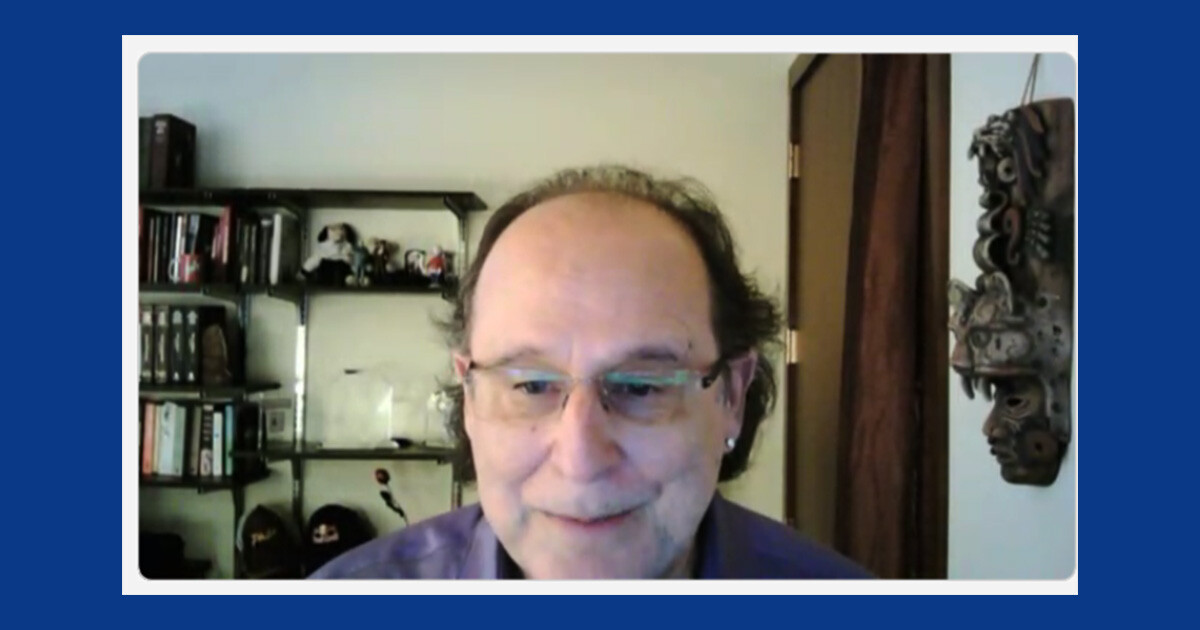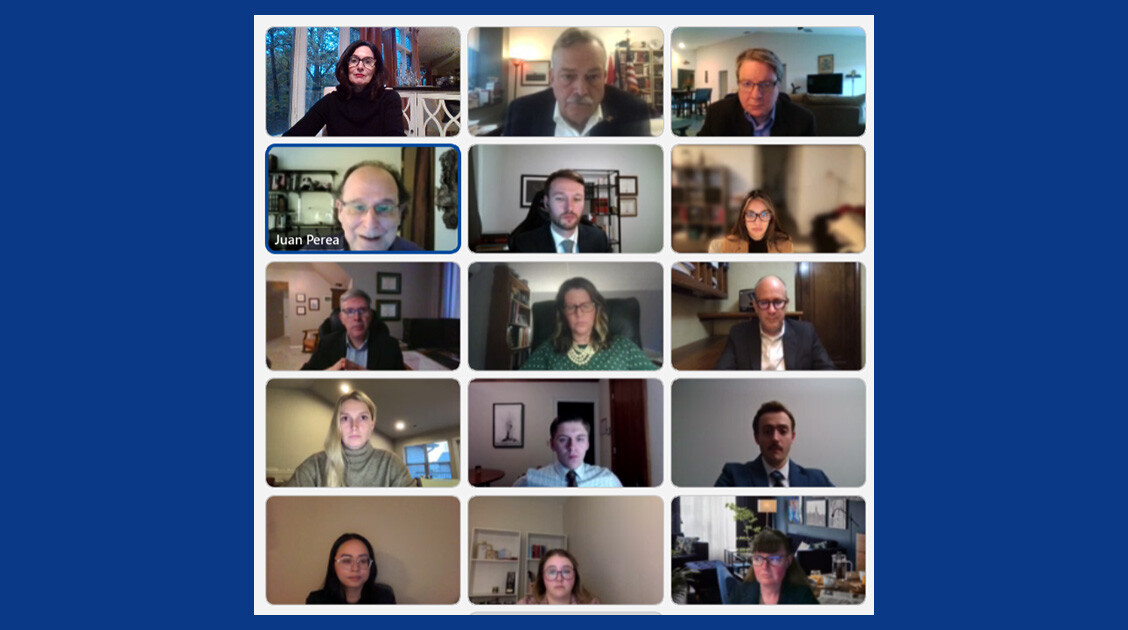On Thursday, Oct. 26, Cooley Law School hosted its annual Law Review Symposium, which featured an in-depth look at affirmative action.
During the virtual symposium, panelists discussed the current and future consequences of the most recent Supreme Court decision in Students for Fair Admissions v. Harvard. In their decision, the Supreme Court ruled that affirmative action programs violate the Equal Protection Clause of the Fourteenth Amendment and overruled 45 years of precedent established in prior Supreme Court decisions. The Court’s ruling continues to allow colleges to consider how race has affected a student’s life and their ability to contribute to the educational institution. Panelists for the event, who led a passionate discussion on the topic, included Cooley Law School Professor and retired Brigadier General Michael C.H. McDaniel and Loyola University Chicago School of Law Professor Juan Perea. Cooley professor Brendan Beery moderated the panel discussion.

“The Supreme Court continues its attack on continuity, stare decisis and its own credibility,” said McDaniel. “In Dobbs, the Court rejected, after 40 years, the right of women in the U.S. to make personal medical decisions. Since the landmark Bakke case in 1977, the Supreme Court has held that diversity of ideas and thought, the championing of debate in the search for both consensus and truth, was a compelling government interest that survived strict judicial scrutiny. Twenty years ago, in Grutter, the Supreme Court affirmed that decision, in a case involving admissions at the University of Michigan law school, noting that diversity does not refer to just racial and ethnic diversity.
“In Students for Fair Admissions, after 44 years of state institutions' efforts to achieve that salutary goal, the Court has rejected that diversity, has rejected the need for our public institutions to embrace a diversity of thought and opinions,” McDaniel continued. “The Court did so by rejecting the standard explicitly endorsed in Grutter. The disregard by the Court for its own precedents affects not just the credibility of the Court. Universities have expended millions of dollars since Grutter attempting to meet the Court's guidance and to build generations of students capable of working and leading in a multicultural society and a global economy.”

Perea added: “This symposium provided an excellent forum for discussing the Supreme Court’s most recent decision on affirmative action and its implications for higher education. Notwithstanding the Court’s decision and rhetoric, there has never been anything wrong with colleges and universities attempting to remedy their histories of race discrimination by including members of groups they previously excluded.”

Cooley Law School hosted its annual Law Review Symposium, which featured an in-depth look at affirmative action.